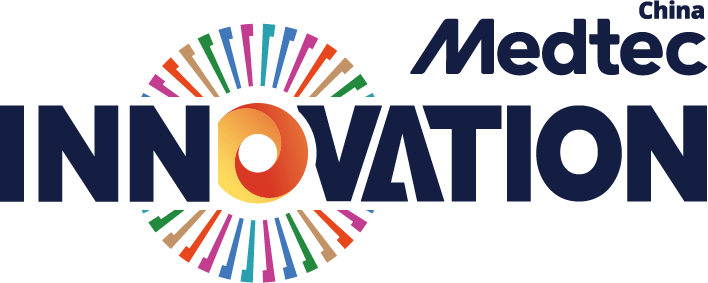How Artificial Intelligence Can Combat Key Issues Impacting Healthcare
Currently, global healthcare systems are operating far over capacity, with many clinicians overstretched and under immense pressure from excess demand for their services — an issue that is only amplified by the rapid growth in aging populations and unhealthy lifestyle choices. In the U.S., there is already a national shortage of medical professionals across all disciplines, with the The American Association of Medical Colleges (AAMC) predicting a shortage of as many as 122,000 physicians by 2032.
Alongside this, we are seeing widespread increases in obesity and in the U.S. alone, according to the CDC, one person dies every 34 seconds in the United States from cardiovascular disease — which accounts for one in every five deaths.
This highlights two things. Firstly, the current trajectory of healthcare in the U.S. and across the globe is unsustainable. And secondly, there has never been a more important time for technology to step up and find a solution.
But does Artificial Intelligence (AI) hold the answer?
The Current State of Global Healthcare Systems
Global healthcare systems are now facing some of their biggest challenges to date, aside from the pandemic, which offered an unprecedented challenge to modern medicine, there is an array of residual issues that need to be addressed.
Firstly, there is a distinct lack of transparency across the industry, which is a significant contributing factor to the growing amount of people who avoid obtaining health care. Many avoid seeking preventative or reactive care due to anxiety surrounding the clinical environment, or because they’re worried about incurred costs — with other issues such as ‘upcoding’ affecting health consumers in the U.S. detrimentally.
Another key issue is that healthcare systems currently offer asymmetric information. This asymmetry leads to an unequal knowledge of physical ailments, how to lead a healthy lifestyle, and what technology is available to treat illnesses. It’s the responsibility of technology innovators to normalize access to basic healthcare screening — ensuring people have equality of access, irrespective of their age or where they’re from. Shockingly, over 50% of the world’s population lacks access to essential healthcare services and although technology utilized in our healthcare systems is starting to facilitate remote engagement with patients, there’s still a huge issue with capacity.
AI Ushers in a New Era of Healthcare
Artificial intelligence, despite its complexity, has a growing presence in everyday life. Within healthcare, the challenge stretches far beyond being able to use voice activation to play your favorite playlist through a smart speaker — AI needs to develop an understanding of how some of the most highly educated individuals in the world think and process medical data. We are talking about thinking beyond pattern recognition and developing a level of cognition that matches the diagnostic approach of a clinician.
If this is achieved, then actionable health advice can be deciphered from masses of data, which, in turn, could allow the entire system to shift its focus from cure to prevention. Catching a disease earlier in the disease cycle massively increases the curability and also prevents the inevitable increase in demand for resources if left untreated.
We need to firmly set our sights on an era of ‘smart care’ where technology can offer the average person a level of insight into their own body that garners a sustainable relationship with healthcare services. At AI Nexus Healthcare, we have developed a platform that can provide actionable advice by processing data that can be collected by simply scanning your face or fingertip. This level of accessibility and insight could represent the optimal relationship between healthcare and everyday technology — and help address the glaring capacity issue facing the industry.
Changing Our Approach
In recent years, tech companies have been trying to code doctors out and replace them with machine learning algorithms, which represents a huge and fundamental mistake. This is because Machine Learning lacks the ability to explain its thinking, therefore it cannot give autonomy in complex life-or-death situations.
‘Hybrid AI’ that is capable of processing biodata and producing actionable advice whilst considering the uniqueness of each user, offers a solution that is of mutual benefit to both the consumer and the healthcare provider. By addressing the fundamental issues within medical AI, we can begin to refine and explore the most effective ways of applying technology. As mentioned, medicine is a complex discipline, which relies on decision making and expertise. However, there are antecedent signals emitted from our body each day, of which Hybrid AI can monitor and interpret. This will ultimately serve to eliminate needless use of healthcare services and at the same time, encourage intervention, if needed, far quicker than we are currently seeing.
At AI Nexus Healthcare, we recognize that if we are really going to combat the issues facing the global healthcare systems, we have to provide people with ‘good health in the palm of their hand.’ If we can utilize the increasingly digital age and provide an accessible and digestible platform, then we will set a strong course for making a real difference — and that is the fundamental building block for innovation — recognizing an issue and producing a solution.
Article Source: MPO










